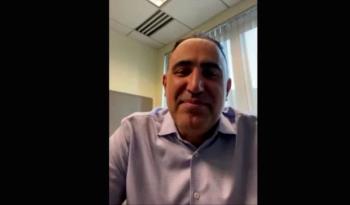
Amir Fathi, MD, leukemia specialist at Massachusetts General Hospital, discusses the importance of advocacy by both patients and their treatment team and key distinct toxicities that require vigilance.

Amir Fathi, MD, leukemia specialist at Massachusetts General Hospital, discusses the importance of advocacy by both patients and their treatment team and key distinct toxicities that require vigilance.
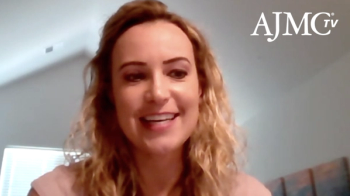
Emilie Aschenbrenner, PharmD, BCOP, discusses how integrating CD38-targeted therapies into first-line treatment for transplant-ineligible multiple myeloma requires balancing clinical benefit, cost, and insurance coverage.
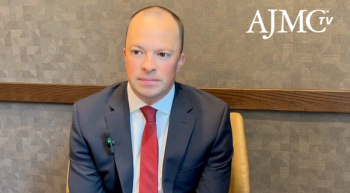
Jason Bergsbaken, PharmD, MBA, BCOP, explains the value of pharmacist involvement in precision molecular tumor boards and end-of-life care discussions, highlighting their role in ensuring evidence-based therapy selection, patient-specific recommendations, and shared decision-making that aligns treatment with individual goals.
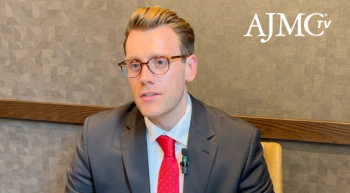
Clayton Irvine, PharmD, MBA, MS, discusses strategies to address payer-driven biosimilar and prior authorization challenges through integrated digital solutions, while advocating for flexible, regularly reviewed treatment pathways supported by molecular tumor boards and artificial intelligence to balance standardization with personalized, biomarker-driven oncology care.
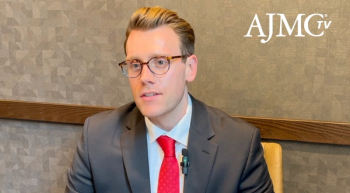
Clayton Irvine, PharmD, MBA, MS, explains that leveraging high-quality, real-world data; cross-institutional collaboration; standardized care pathways; advanced technologies; and integrated academic–community oncology partnerships can improve treatment decision-making, reduce financial toxicity, address drug shortages, and optimize infusion center efficiency.

Jason Bergsbaken, PharmD, MBA, BCOP, highlights the operational challenges of value-based oncology care while emphasizing the need to balance standardized treatment pathways with flexibility for personalized, biomarker-driven care.

Jason Bergsbaken, PharmD, MBA, BCOP, highlights the growing role of real-world data in validating or de-implementing therapies, the need for vigilant postapproval outcomes monitoring, and the value of academic–community oncology partnerships.
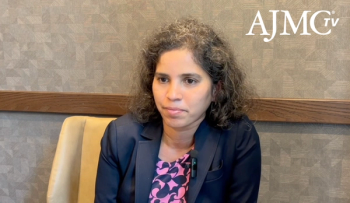
Chimeric antigen receptor (CAR) T-cell therapy and bispecific antibodies are transforming multiple myeloma care, with earlier use, expanded community access, and outpatient delivery models offering opportunities to improve value, safety, and equity in treatment.

In this first part of an interview with The American Journal of Managed Care®, Julia Rotow, MD, thoracic oncologist at Dana-Farber Cancer Institute, discusses the critical need to test for biomarkers to afford patients the chance to benefit from recent treatment advances.
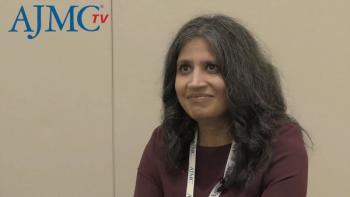
At the recent regional Institute for Value-Based Medicine® event in Boston, Anasuya Gunturi, MD, PhD, Lowell General Hospital, was a panelist for the discussion, “Evolving Breast Cancer Care: Addressing Unmet Needs Across the Patient Journey.”

Michael Hassett, MD, MPH, Dana-Farber Cancer Institute, reflects on the impact of HER2 identification on the breast cancer treatment continuum.

Rebecca Chacko, MD, discusses key breast cancer care challenges, including treatment access delays and the importance of open patient communication, as highlighted at the Detroit Institute for Value-Based Medicine session on unmet needs.

David Nguyen, MD, medical oncologist with Tufts Medicine and Lowell General Hospital, discusses the evolving landscape of advanced cancer treatments like chimeric antigen receptor T-cell therapy and bispecific antibodies

Amir Fathi, MD, discusses one of the biggest nonfinancial barriers to bispecific therapies: the expertise required to safely administer and manage them.
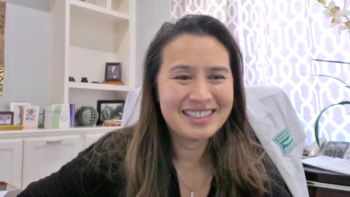
Caroline Vovan, PharmD, CDE, emphasized the expanding role of ambulatory clinical pharmacists in value-based care.

Ambulatory clinical pharmacists improve patient outcomes and reduce health care costs by providing hands-on chronic disease management, patient education, and medication cost oversight, according to Caroline Vovan, PharmD, CDE.

Caroline Vovan, PharmD, CDE, highlights how ambulatory clinical pharmacists contribute to value-based care by managing chronic conditions, improving medication adherence, and reducing costs.

Tyler Sandahl, PharmD, a clinical pharmacist at Mayo Clinic, explains that sequencing novel multiple myeloma therapies with CAR T-cell therapy is generally prioritized first for eligible patients, while bispecific antibodies are reserved for later lines or for patients unable to tolerate CAR T.

Tyler Sandahl, PharmD, a clinical pharmacist at Mayo Clinic, discussed the complexities of alternative payment models for chimeric antigen receptor T-cell and bispecific therapies and the need for improved data sharing in cancer care.
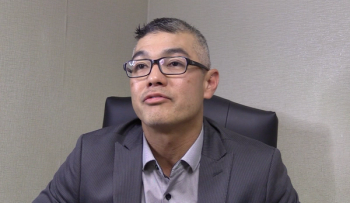
Jody Agena, PharmD, MBA, director of pharmacy operations, Virginia Cancer Specialists, discusses the various responsibilities of the pharmacist within community oncology settings.
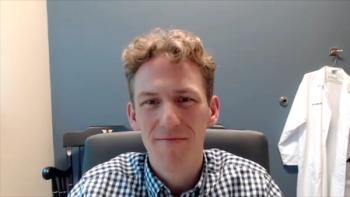
Eric Lander, MD, discussed the difficulty that clinicians and pharmacists face in getting insurance coverage for category 2B treatments in the National Comprehensive Cancer Network guidelines, which could affect how patients are treated for cancer.

Circulating tumor DNA (ctDNA) testing changes occur nearly every year, making consistent updates to National Comprehensive Cancer Network (NCCN) guidelines important for clinicians to make decisions on the use of these methods of testing, says Eric Lander, MD.

Patients can benefit both financially and clinically by enrolling in ongoing clinical trials, said Eric Lander, MD.

Coverage from IVBM Cleveland, held May 15, 2025.

Making clinical trials easier to find for clinicians and making protocols for entering clinical trials more lenient can help to improve access to clinical trials on a national and local level, explains Eric Lander, MD, of Minnesota Oncology.

Coverage from IVBM Princeton, held May 8, 2025.

Cathy Eng, MD, FACP, FASCO, Vanderbilt-Ingram Cancer Center, speaks about the clinical and operational priorities that academic medical centers make front-and-center when caring for underserved populations receiving treatment for cancer.
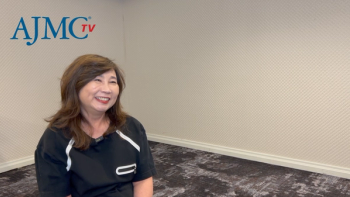
Pharmacists play a crucial role in managing treatment with chimeric antigen receptor T-cell therapy and bispecific antibodies, focusing on patient selection and side effects, explained Eileen Peng, PharmD, of Astera Cancer Care.

Meaningful transformation in health care requires ongoing, collaborative efforts, explained Eboni Price-Haywood, MD, MPH, MMM, Xavier Ochsner College of Medicine; and Toni Flowers, PhD, DHL, MBA, LCMC Health.

Eboni Price-Haywood, MD, MPH, MMM, Xavier Ochsner College of Medicine, and Toni Flowers, PhD, DHL, MBA, LCMC Health, advocate for understanding individual patient circumstances, ultimately leading to more comprehensive and effective outcomes.

259 Prospect Plains Rd, Bldg H
Cranbury, NJ 08512
© 2025 MJH Life Sciences®
All rights reserved.
